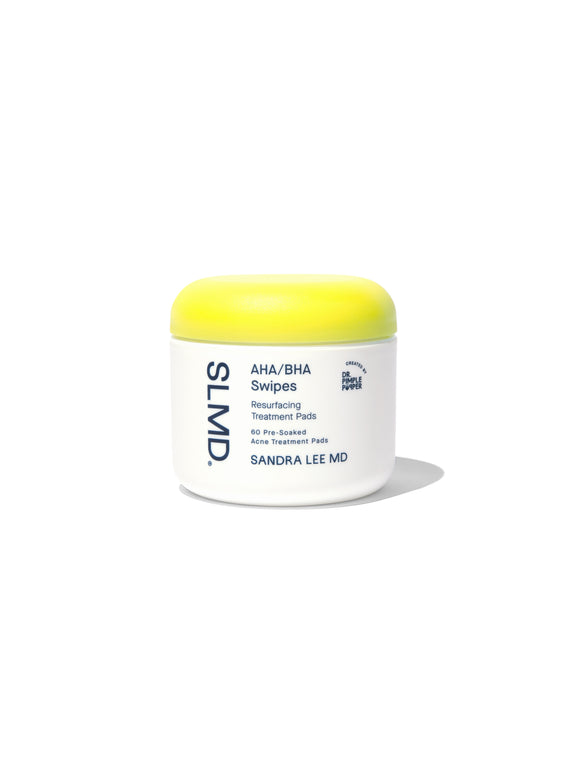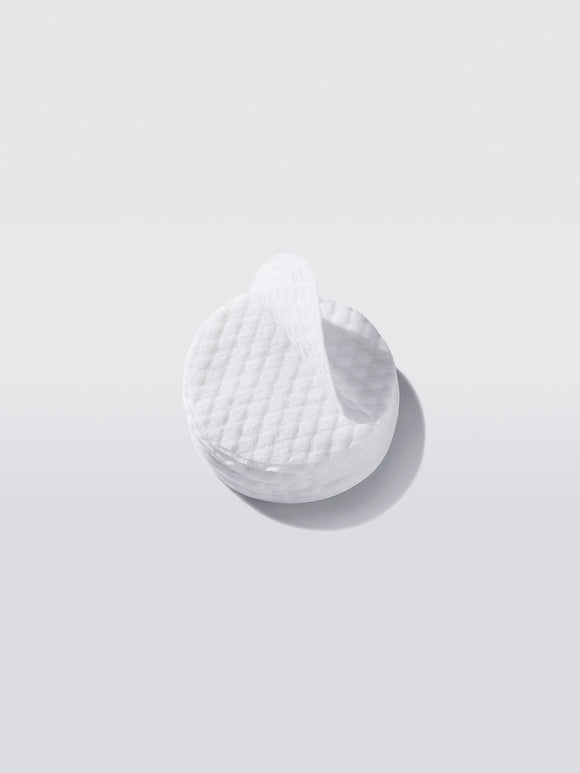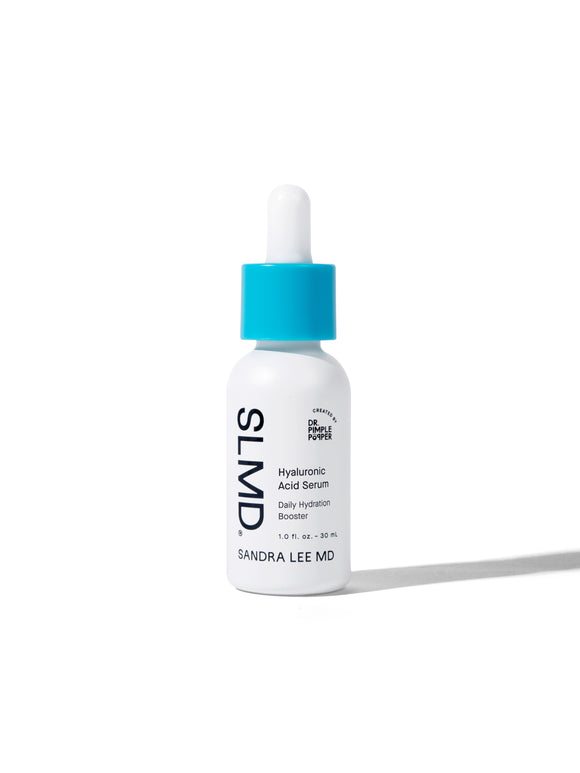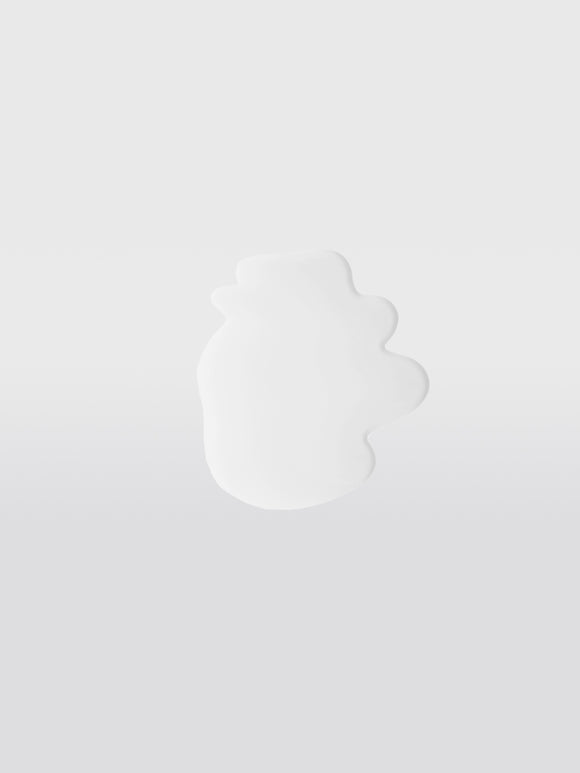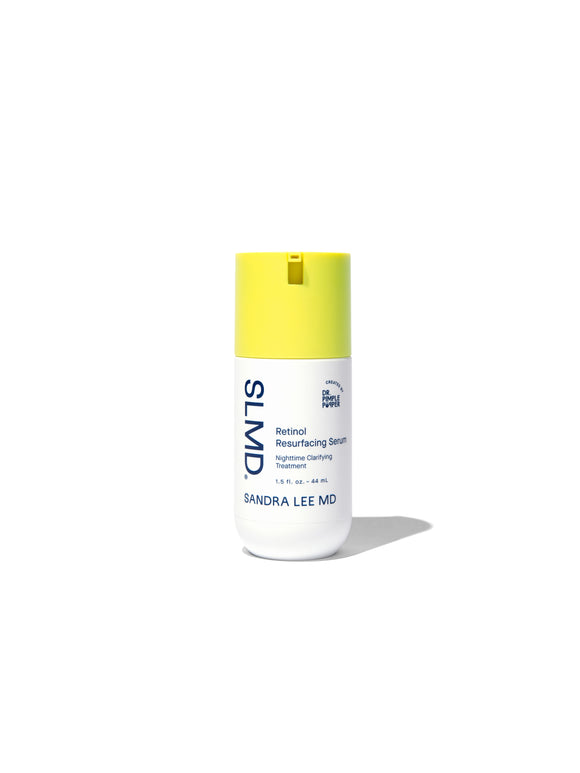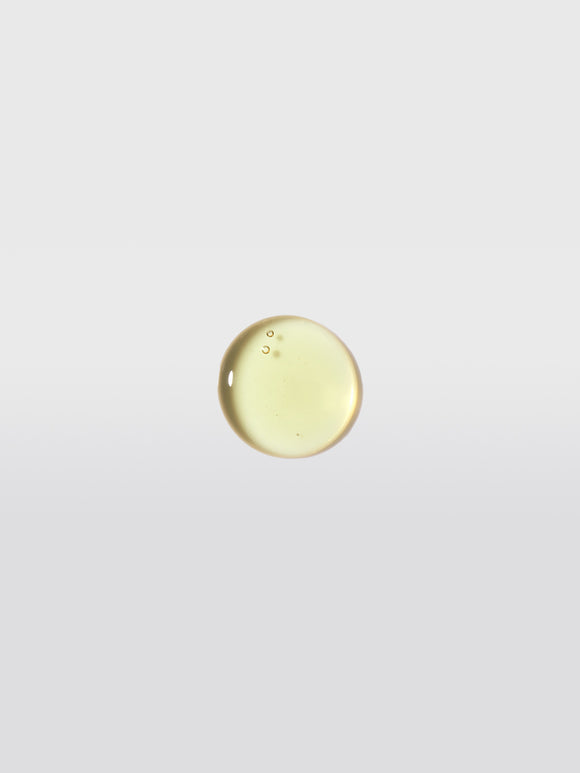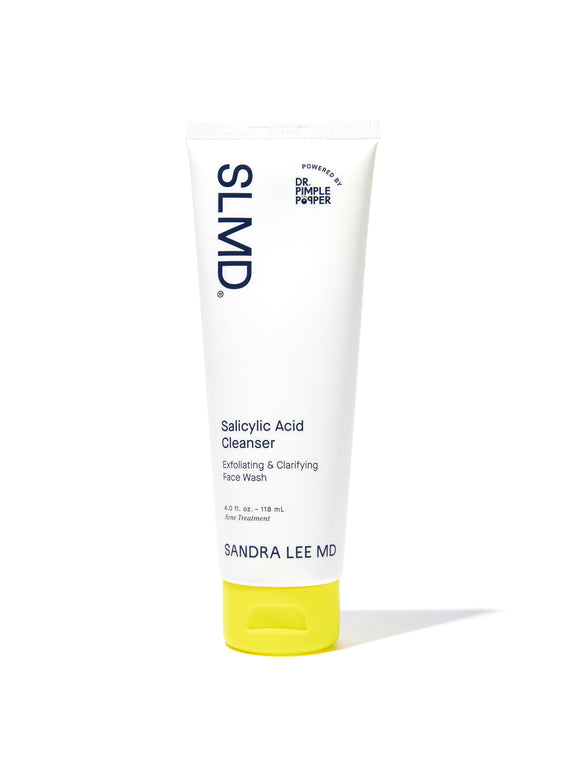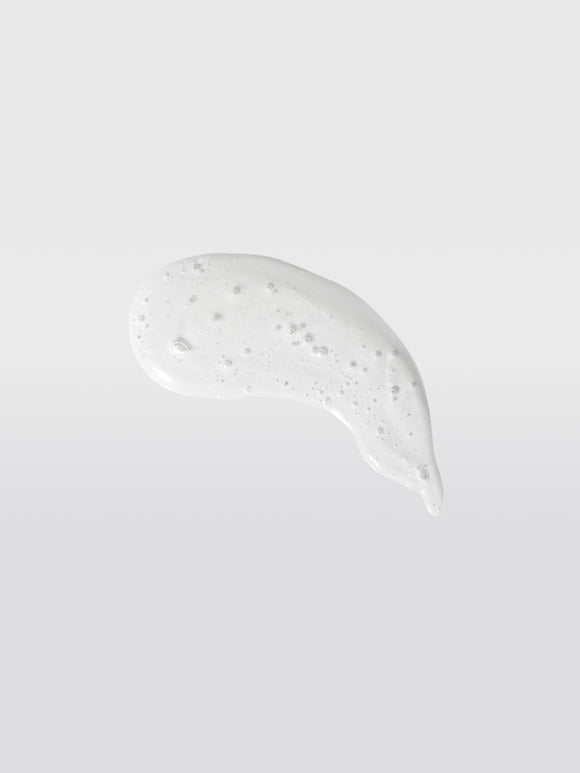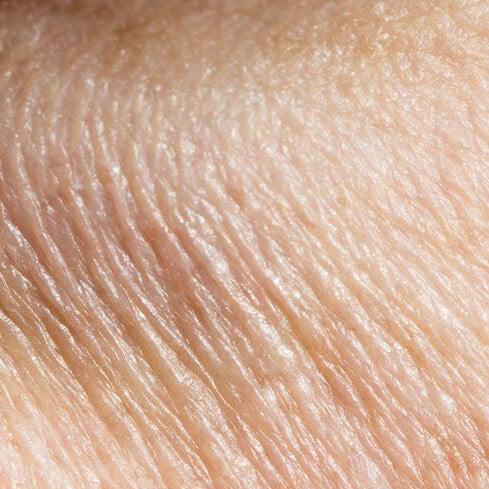
Why Dermatologists Recommend Retinol for Practically Everyone
It’s no surprise that retinol is making its way into our skincare routines: it's got the clinical proof to back up all those lofty acne-fighting and anti-aging claims. We’re shedding light on why retinol is so effective, why dermatologists love it so much, and how to incorporate retinol into your skincare regimen.
Published:
3 minute read
It’s no surprise that retinol is making its way into so many of our skincare routines: this derm darling has the clinical proof to back up all those lofty claims. But in spite of its popularity and presence on skincare shelves, many of us still aren’t exactly sure how this versatile ingredient works.
We’re going in deep: shedding light on why retinol is so effective, why dermatologists love it so much, and how to incorporate this potent all-star into your skincare regimen.
#1 It’s proven
Retinol belongs to a class of vitamin A derivatives called retinoids. They’ve been studied since the 1940s, when researchers began experimenting with their effectiveness in treating acne.
Over subsequent decades, scientists learned that retinoids are not only highly successful in managing acne, but they also have incredible anti-aging benefits.
#2 It’s a multi-tasker
Study after study has demonstrated that retinoids (including retinol) have multiple benefits for the skin, including:
- Increasing cell turnover
- Boosting collagen and elastin production
- Reducing inflammation
As we already mentioned, retinoids are effective for treating both acne and signs of aging. So how do they work so well for such different skin concerns? It all comes down to speeding up that cell turnover: less dead skin cell buildup means clearer pores, and newer skin is more vibrant and youthful looking.
#3 It’s potent
Retinoids are available in several forms, each with a different bioavailability — which is a measure of how readily your body is able to use a substance. To understand how this affects a retinoid’s potency, we need a quick biochemistry lesson:
Once absorbed into the skin, Vitamin A derivatives bind to receptors (called RARs) and change how skin cells behave. But before they can do that, your body has to convert them into retinoic acid. The fewer steps your body has to take to convert a retinoid into retinoic acid, the more bioavailable it is.
This is why prescription tretinoin (aka retinoic acid, which requires no conversion) is more potent than over-the-counter retinol: it’s more bioavailable. Retinol, however, must go through a couple of chemical reactions within your body before it becomes the retinoic acid that’s available to bind to cell receptors. That being said, retinol is still highly effective — it just takes a bit longer to do its job.
#4 It’s versatile
The fact that retinol is not as strong as prescription retinoids means that it is better tolerated by a wider variety of skin types. What’s more, in recent years, cosmetic chemists have figured out how to make retinol formulas time released: which means that the ingredient’s absorption happens more gradually, making it gentler on skin.
An important point to consider: no matter what strength retinoid you choose, chances are you’ll experience an initiation period. Redness, irritation and flakiness are all common side effects, but should subside within the first couple of months. Start slowly, and scale back if you don’t see improvement over time.
#5 It’s a team player
There are a lot of misconceptions about not being able to combine retinol with other potent ingredients like alpha and beta hydroxy acids. But dermatologists know that retinoids can pair extremely well with other active ingredients to address a variety of skin concerns. Here are some of Dr. Sandra Lee’s (aka Dr. Pimple Popper’s) favorite ingredients to combine with retinol:
- Salicylic acid. This beta hydroxy acid penetrates into pores and breaks up excess oil, dirt and debris, allowing retinol to penetrate better into the skin. Try using SLMD Salicylic Acid Cleanser before applying Retinol Resurfacing Serum.
- Glycolic acid. This alpha hydroxy acid penetrates deep into the dead outer layers of skin, exfoliating to reveal newer skin beneath. Much like BHA, this allows your retinol to reach deeper, making it even more effective. In the morning, try SLMD AHA/BHA Swipes, with three types of exfoliants to slough away buildup. Apply Retinol Resurfacing Serum at night.
- Hyaluronic acid. This is a potent pairing for people who may be a bit sensitive to retinoids, and for those who have drier skin. But it’s also great for anyone wanting to boost that youthful glow. Try sandwiching your Retinol Resurfacing Serum between a layer or two of Hyaluronic Acid Serum to soothe and moisturize skin.
Dr. Lee’s last word
I have been using retinoids in my practice for many years. We dermatologists really consider them the gold standard for treating both acne and signs of aging. Besides using sunscreen, there is really nothing more effective for keeping skin looking youthful, longer. And certainly no ingredient that’s been shown to be as effective for reversing some of those signs of premature aging.
—Dr. Sandra Lee



